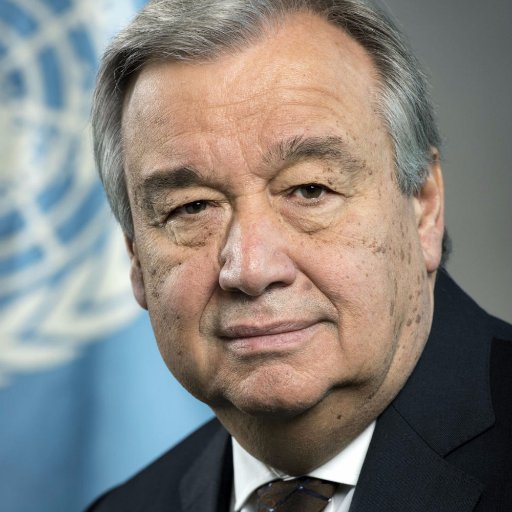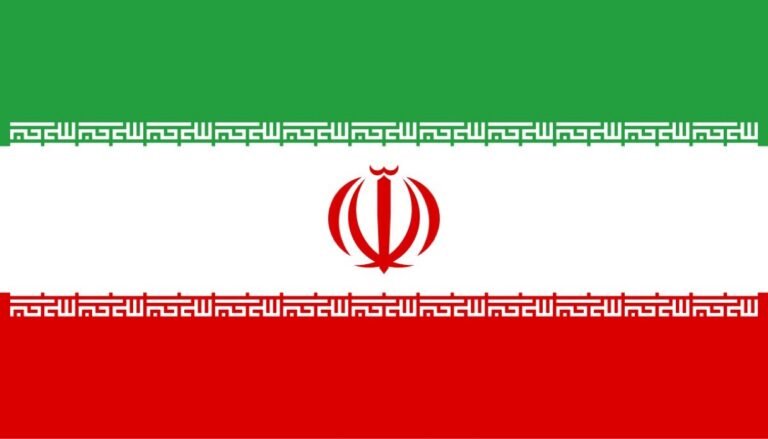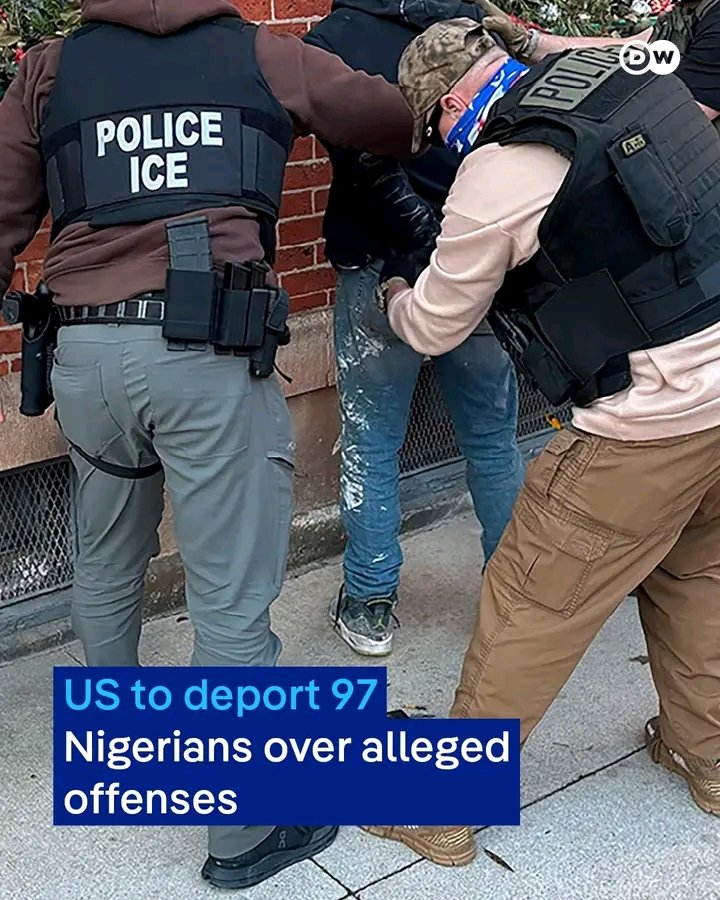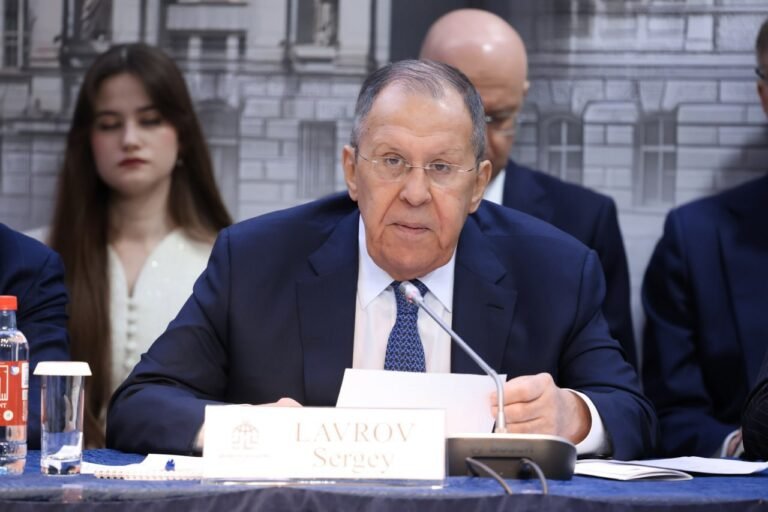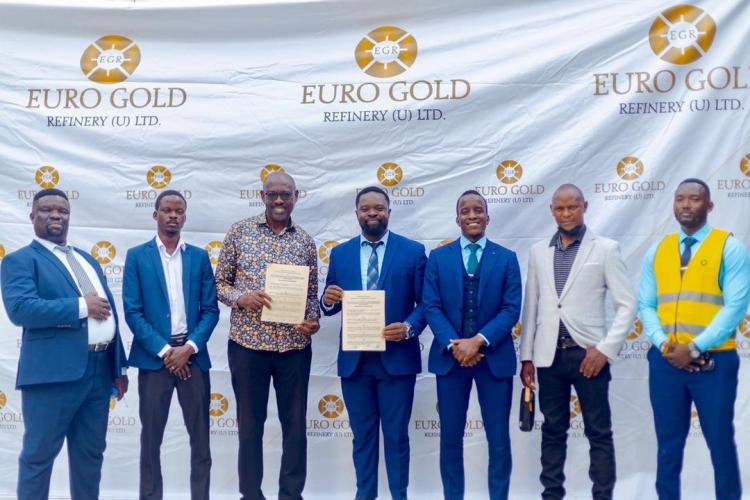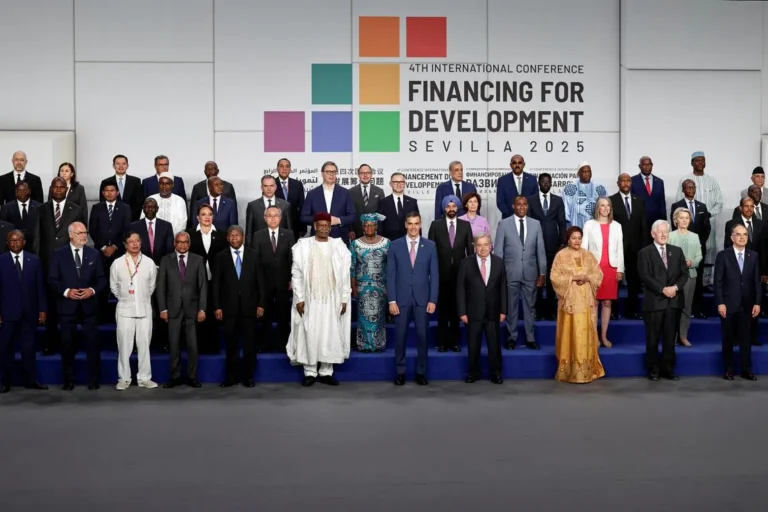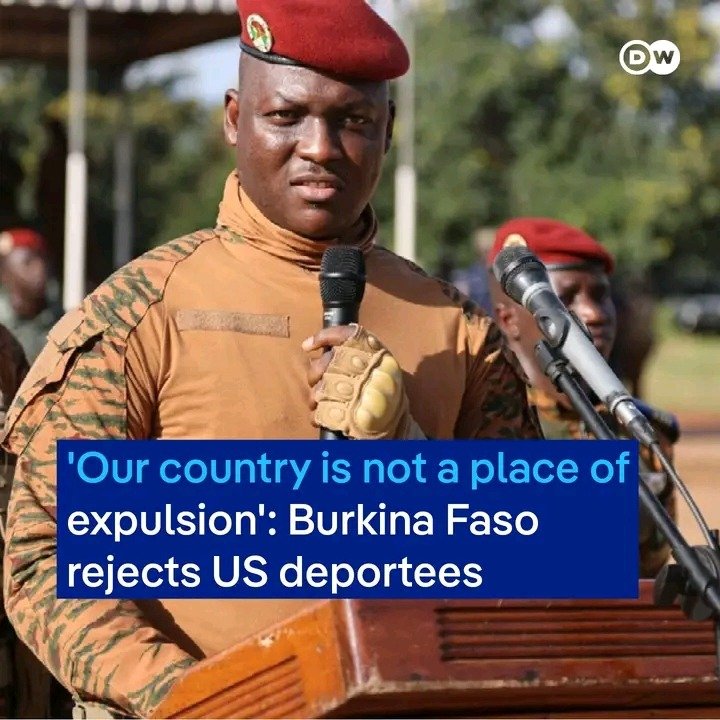
Burkina Faso Rejects U.S. Deportee Proposal, Calling it ‘Indecent’ as Visa Services Are Suspended
OUAGADOUGOU, Burkina Faso – In a sharp diplomatic rebuke, Burkina Faso has refused a U.S. proposal to accept migrants deported from the United States, with its foreign minister denouncing the offer as “indecent” and “contrary to the principle of dignity” . The rejection prompted the U.S. Embassy in Ouagadougou to announce the suspension of most visa services, escalating a dispute rooted in President Donald Trump’s expanded immigration crackdown .
A Proposal Rejected
The conflict emerged after U.S. officials repeatedly approached Burkina Faso’s military government with a proposal to accept deportees who are not Burkinabè nationals but citizens of other countries . This “third-country deportation” strategy is a cornerstone of the Trump administration’s effort to conduct what officials have described as the largest domestic deportation effort in U.S. history .
Following a meeting with U.S. Embassy officials on Wednesday where he rejected the proposal, Foreign Minister Karamoko Jean-Marie Traoré publicly questioned the motive behind the subsequent visa suspension . “Is this a way to put pressure on us? Is this blackmail?” Traoré asked in an interview with state broadcaster RTB . “Whatever it is… Burkina Faso is a place of dignity, a destination, not a place of expulsion” .
U.S. Visa Services Halted
The U.S. Embassy in Ouagadougou announced on Thursday that it would “temporarily pause all routine visa services,” a move effective from October 10, 2025 . The suspension encompasses immigrant visas and non-immigrant visas for tourists, business travellers, students, and exchange visitors .
Instead, residents of Burkina Faso must now travel to the U.S. embassy in Lomé, the capital of neighbouring Togo, to apply for visas—a journey of over 200 kilometres that adds significant cost and complexity for Burkinabè applicants . The embassy cited Burkina Faso’s placement on a list of countries whose nationals have not respected U.S. visa rules, a decision the foreign minister said was linked to the rejected deportation proposal .
‘A Land of Dignity’
The government of Captain Ibrahim Traoré, which seized power in a coup three years ago, has positioned itself as a pan-African champion standing up to Western imperialism . Minister Traoré’s rhetoric firmly aligns with this stance, framing the U.S. proposal as an affront to national sovereignty .
“Naturally, this proposal, which we considered indecent at the time, runs completely contrary to the principle of dignity,” Traoré stated, reinforcing that Burkina Faso is “a land of dignity—a destination, not a place of expulsion” .
A Divided Regional Response
The U.S. administration has actively sought agreements with nations across Africa to facilitate its deportation operations . The response from the continent has been mixed, creating a stark contrast with Burkina Faso’s defiant position.
The table below summarizes the divergent responses from several African nations:
Country Stance on U.S. Deportees Key Details / Rationale
Burkina Faso Rejected Refused “indecent” proposal; U.S. responded with visa suspension .
Ghana Accepted Agreement made on “pan-African empathy” and humanitarian grounds .
Rwanda, Uganda, Eswatini, South Sudan Accepted Have agreed to accept people from third countries deported from the U.S. .
Nigeria Rejected Has stated it will not accept any U.S. deportees .
Ghana’s agreement has proven controversial, facing growing domestic criticism and legal challenges . Deportees sent by the U.S. to Ghana have alleged being subsequently transferred to Togo without their documents, leaving them stranded . Lawyers for the deportees have launched legal action against both the U.S. and Ghanaian governments, alleging human rights violations .
A Contentious U.S. Immigration Policy
The Trump administration’s policy aims to deport millions of immigrants in the U.S. illegally . A key tool is the expansion of “expedited removal,” which allows immigration authorities to deport certain noncitizens without a full hearing before an immigration judge . While this practice has been used for decades, the administration sought to apply it nationwide to speed up removals, though that expansion was halted by a federal judge in late August .
The effort to send deportees to third countries has also faced legal hurdles. The Supreme Court recently ruled that the Department of Homeland Security could continue sending migrants to countries that are not their homelands, lifting a lower court’s order that had required giving migrants more time to appeal .
A New Diplomatic Fault Line
The dispute underscores the frosty relationship between Burkina Faso’s military government and Western nations . By framing the U.S. request as an issue of national dignity and resisting the visa suspension as a form of pressure, Burkina Faso is asserting its sovereignty in a direct challenge to American foreign policy.
As the U.S. continues to pursue its third-country deportation strategy, the standoff with Burkina Faso signals potential diplomatic battles ahead with other nations unwilling to accept such terms, highlighting the complex and often contentious intersection of immigration policy and international relations.
This report was based on information from the BBC and Daily News Egypt , with additional context from DW and The Guardian .

